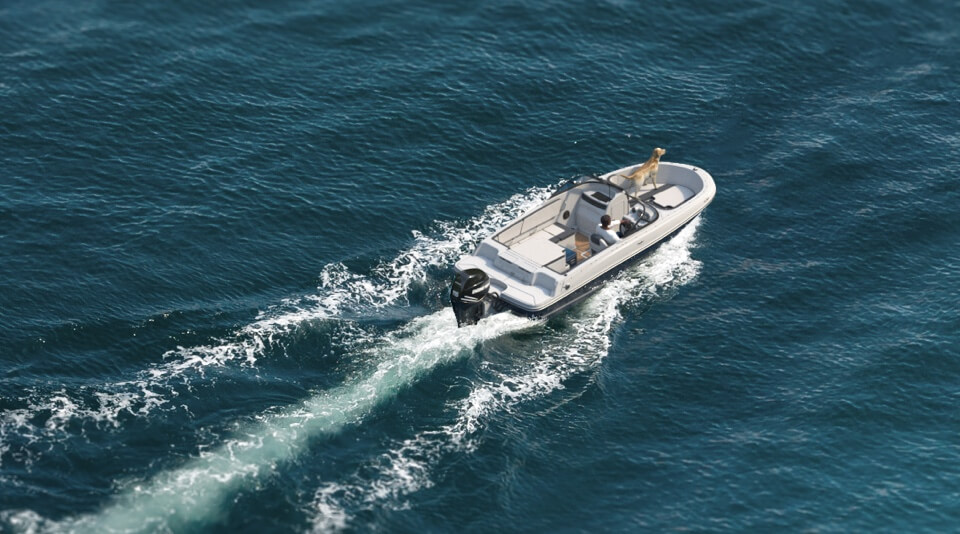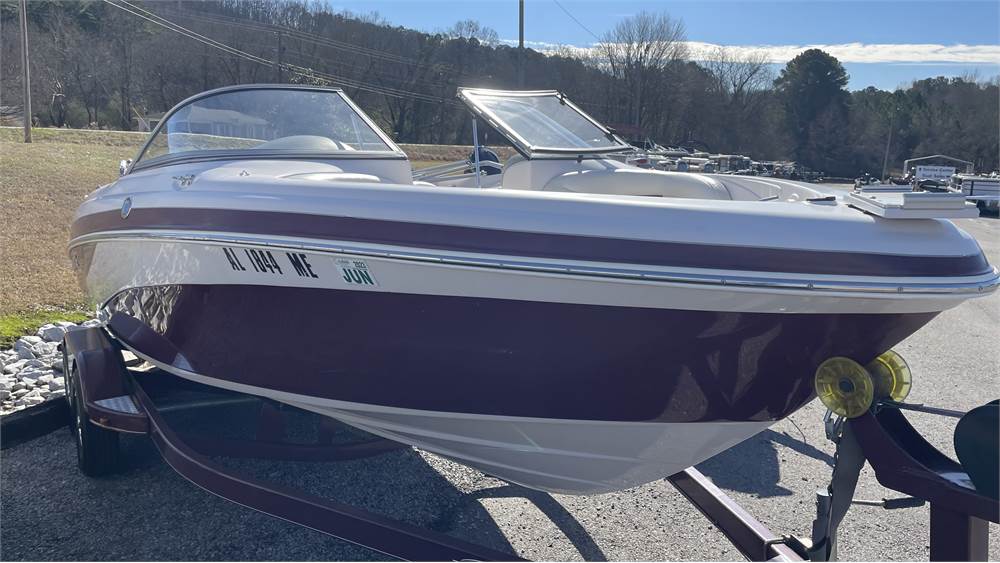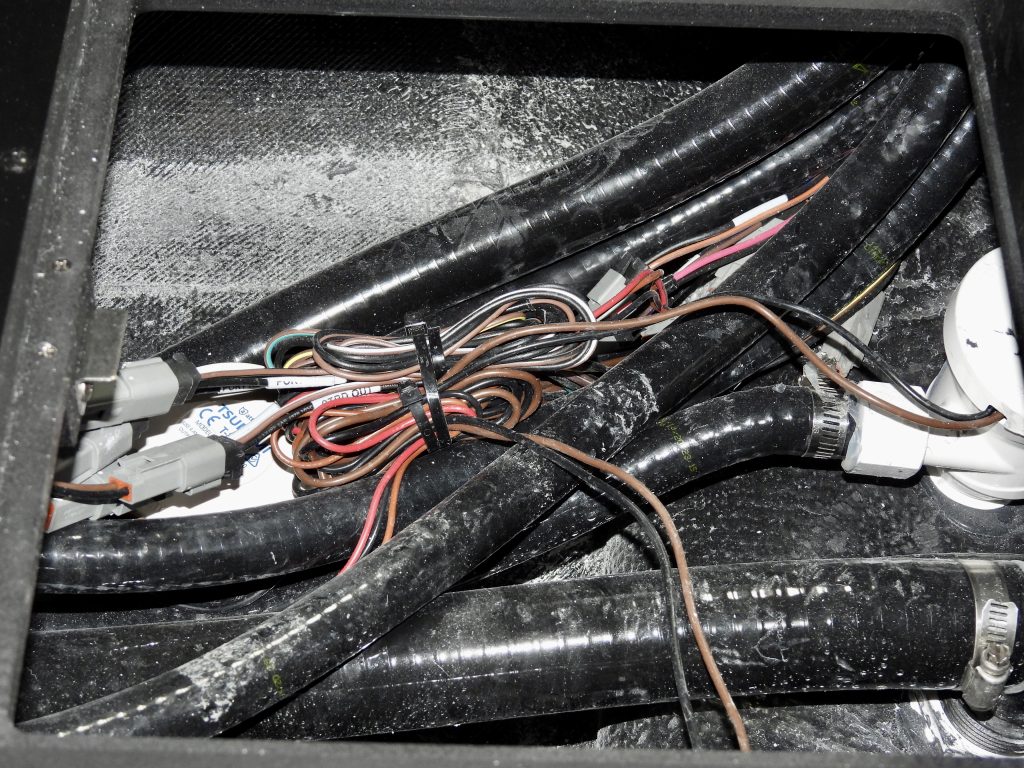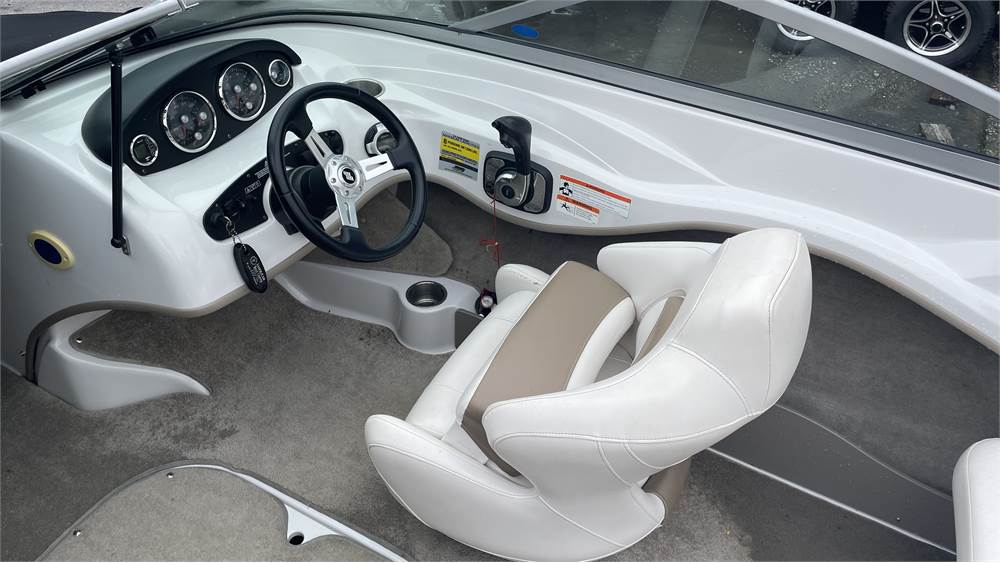No matter how bad the weather, economy, evening news, or even our health, it’s hard to keep anyone with a passion for fishing, hunting, or water sports away from the water. The enjoyment that comes from a disappearing cork, tubers flying through the air, or seeing the anticipation of your retriever as you ease into a favorite duck hole just never fades. Sharing these moments with your significant other, kids/grandkids, or friends helps to create great memories that sometimes evolve into stories worth retelling and lifelong traditions. Whether it’s enjoying the scenery, visiting sandbars, swimming or using your boat to reach remote hunting destinations, spending quality time with family and friends outdoors is good for one’s soul. There’s also a sense of freedom knowing that you can launch your boat anywhere your four-wheeled drive can maneuver. The type of water one roams in search of adventure, or fun varies considerably. That and the thickness of one’s wallet will significantly influence a potential buyer’s decision when they are considering buying a used boat.
A light or moderately used boat can be an excellent option for someone looking to save a few bucks compared to paying the retail price of a new one. However, suppose they don’t know what questions to ask or neglect to ensure the hull and engine are in good shape. Then, what looks like a good deal can quickly become a regrettable decision.
Whether buying from an individual or a dealer, several questions about a boat’s hull and engine need answering before you make a commitment. However, suppose you’re not quite sure what questions to ask or where and what to look for to ensure everything is shipshape on a used boat. In that case, I suggest seeking advice from a seasoned veteran or a professional.
Professional Advice On Buying A Used Boat
I contacted the Service Manager at Buck’s Island Marine on Neely Henry Lake to discover what questions a prospective buyer needs to ask and where to best focus their attention in determining a boat’s overall condition.
Angela Britt oversees 18 dedicated service bays at this family-owned and operated marina entering its 75th year of sales and service. She has accumulated a wealth of knowledge through managing the service and repair of almost every type of boat imaginable. She also ensures that their factory-certified mechanics stay up-to-date on the newest products.

Britt discussed Buck’s Island’s inspection process when preparing a trade-in for sale. She said their factory-trained mechanics at Buck’s Island usually begin their evaluation with a boat’s engine.
Parts To Check When Buying A Used Boat
Engine
Britt explained how their technicians inspect the lower unit and propeller for signs of impact or freeze damage, then check the foot and engine oil for contamination. She said that most outboards produced in the last couple of decades have a control module that records vital information such as engine hours and the number of starts.
She described that the transom is tested by raising the lower unit, grabbing the foot, and applying pressure up and down to check for any weakness or damage. Then, they remove the engine cover and look at the overall cleanliness, checking for any signs of leakage, corrosion or cracks in the lines. Next, they inspect all the screws and bolts and gently tug on the fuel lines and other parts.
If everything is good up to this point, it’s run at various rpm’s, shifted, stopped, and repeatedly cranked to ensure everything is in working order. Next, the engine is left running for 15-20 minutes in the shop with water flowing through the foot, after which they do a compression test to evaluate each cylinder’s condition.
Britt added that if a technician detects any abnormal issue, they take it to the nearby Coosa river for further evaluation on the water,
Hull
Britt outlined how Bucks technicians determine the structural integrity of a boat’s hull and how they evaluate any visible damage.
“After ensuring that a boat’s transom is solid, they look for any abrasions or scratches that extend past the gel coating, and also for any spider-webbing, then determine if it’s normal wear or signs of an impact,” she said.
Britt added that they can repair most minor surface issues but any cracks that extend beyond the gel coating need more extensive repairs.

Walking on every part of a boat’s interior as you inspect the carpeting is an excellent way to check for any deck problems. A bounce or two can confirm any suspicions if an area feels a little soft.
Electrical Wiring and Components
Examining wiring at the battery terminals and trolling motor/fish-finder connections should give an idea of the overall wire condition. Unfortunately, most of a boat’s electrical wires are not easily accessed and run through channels in the hull. However, look closely at the terminal ends to ensure they are correctly shrink-wrapped, check all plugging connectors for looseness, and look for any discoloration or signs of overheating.
Always ask how and where the owner stores their vessel and if they used a cover. If the boat sits parked for an extended period, check for signs of damage to exposed wiring. Certain rodents love to sharpen their incisors on a wire’s insulation, and mud daubers have caused extensive engine damage when they build their miniature mud huts inside an air intake.

Britt said they check all switches and circuit breakers for looseness and functionality. Still, aside from ensuring all the electrical components are in working order, she stated that it’s difficult to fully evaluate the onboard electronics.
Trailer
Don’t neglect to give the trailer a good once over:
- Check that all runners are solid and supporting the hull properly.
- Check each tire for uneven tread wear, jack up each wheel, wiggle it, and give it a good spin. Any excessive movement, rumbling or unusual noise might mean a bearing or axle issue.
- Plug the wiring connector into your vehicle and check that all lights are operational.
- Take a short test drive to ensure the brakes are working correctly.
Paperwork
If buying from a private seller, ensure the paperwork is in order and the numbers match on the hull and motor. Britt said that only after an engine and hull pass their inspection does she thoroughly examine the boat’s paperwork. Next, she verifies its service history and looks for any recall issues.
Buying A Used Boat Yourself
If you can locate a boat locally or have a friend or relative willing to sell you theirs, it’s still a good idea to give it a thorough once over, then ask to see the paperwork if it looks to be a keeper.
Be sure and ask about any repairs and when it was last serviced. Locate the manufacturing date of the hull and motor and also determine how many operating hours the engine has.
Ensure the boat and engine serial numbers match the paperwork and ask about a test drive. If that’s not possible, ask the owner to hook up a water hose to the lower unit, crank it several times, idle it for a few minutes, and then run it at full throttle for at least 10 seconds. There’s a problem if the engine is loose, smoking, running rough, or noisy.

Remove a small sample of engine oil into a clear glass bottle. Rub a small amount between your fingers to check for grit, moisture, or metal particles. If you’re considering buying a larger boat, consider hiring a boat engine mechanic to examine the engine(s) or conduct a fluid analysis. This simple test could save you from future problems that can be tricky to identify during a physical inspection.
Conclusion
A boat/trailer in good working order can allow you and your family to enjoy the great outdoors, breathe some fresh air, and enjoy a variety of waterborne activities. In addition, buying a used boat can result in significant savings- if you do your homework.
If you are in the market for a reliable, used boat, arm yourself with the knowledge you need to make a good decision concerning the seaworthiness of the next addition to your family.




